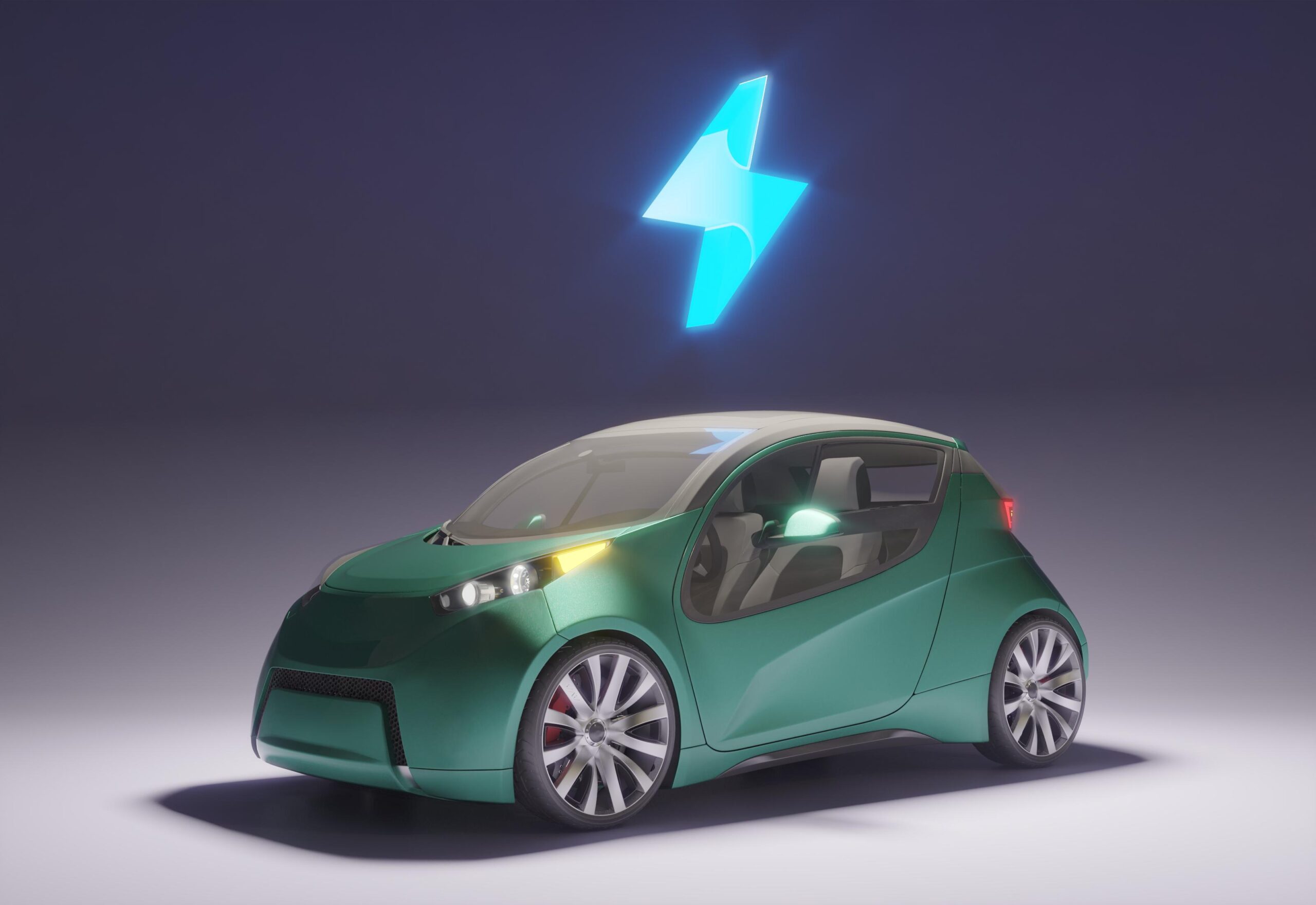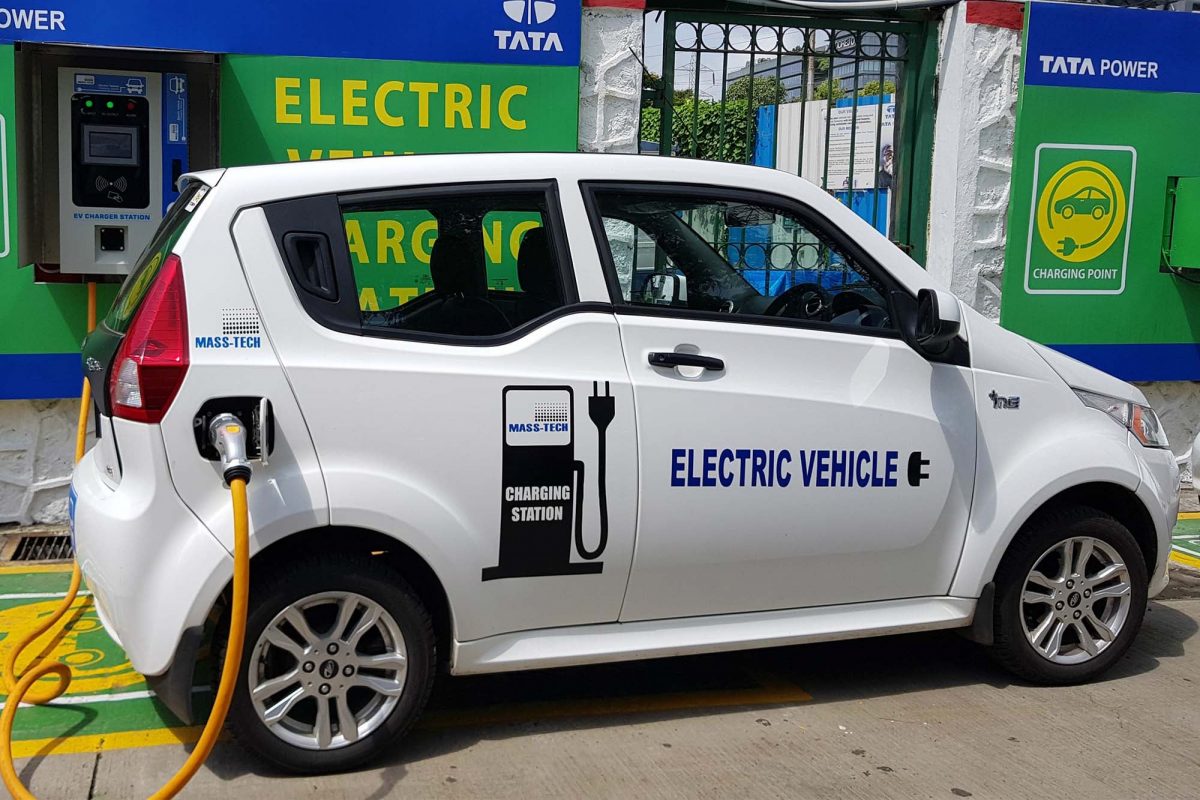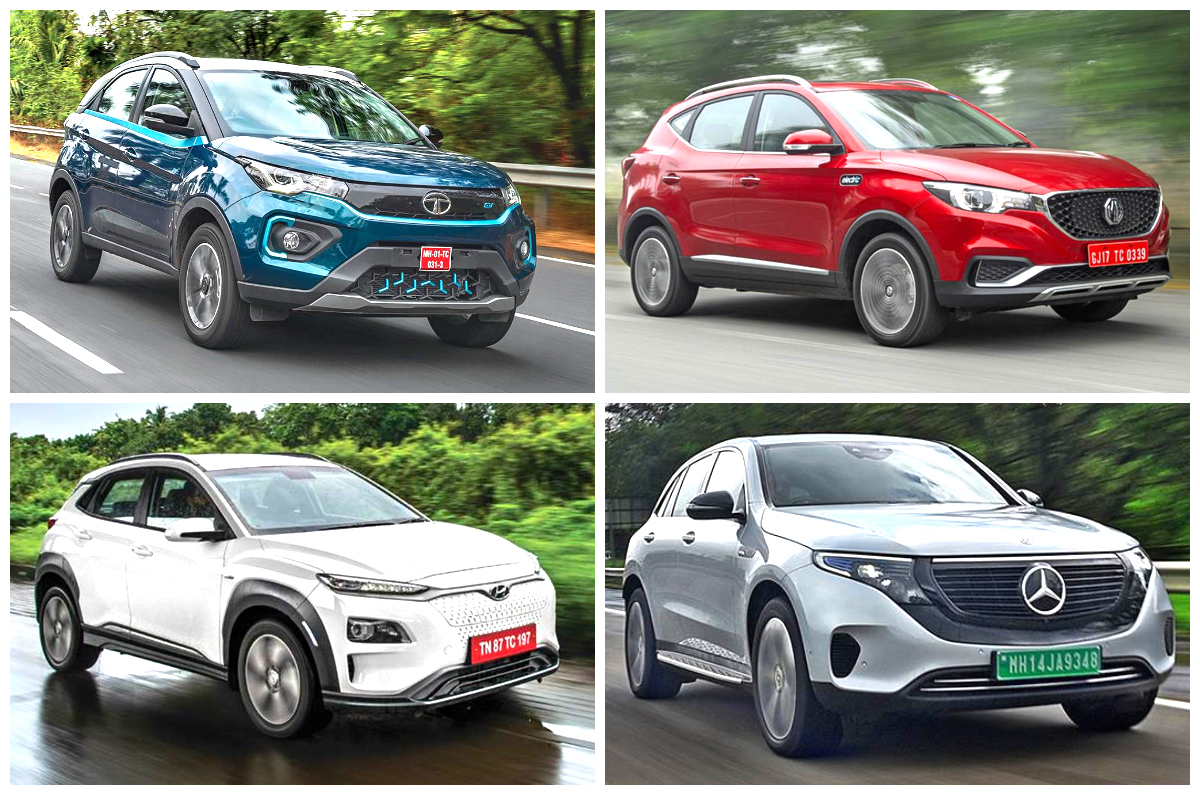In India, Innovation and investment are driving EV adoption by 2030

Innovation and investment are driving EV adoption in India by 2030
Mobility is on the verge of a turning point. In India, Electric vehicles (EVs) are always viewed as a potential solution whenever the issue of rising oil costs or climate change is raised and debated. India’s EV ecosystem will soon be booming thanks to several new Indian businesses that are joining different value chain areas for electric vehicles and extensive execution efforts.
How finances and investments are influencing the sector
The significance of the EV sector and its anticipated expansion are luring investors. It has about $6 billion in investments in 2021, and by 2030, it’s expected to reach $20 billion.
The Automobile Mission Plan (AMP) 2016-26 summarises the goals that the Indian government and the car sector have in common. The industry’s present contribution to GDP is 7.1%, but the AMP 2016-26 projects that it will eventually contribute more than 12% of it. Additionally, by 2026, it hopes to represent at least 40% of the industrial sector. India’s auto sector and the overall economy will change if these goals are met.
Another important consideration is that the nation’s plans for domestic lithium-ion battery manufacture may cut the price of EVs, reducing dependency and upsetting import levies. India’s market will thus soon be substantial.
India’s Electric Vehicles are thought to be essential to the future of the car industry. In the coming years, EVs are expected to replace traditional vehicles as the industry standard due to the growing concern about climate change.
As a result, the future of India’s Electric Vehicle business seems bright. India’s combined efforts to promote shared, electrified and connected mobility might reduce carbon dioxide emissions by one gigatonne by 2030.

This business has seen significant investment from several private equity and venture capitalists, growing from $181 million to $1.7 billion. Additionally, the industry received $32.84 billion in equity inflows from FDI between April 2000 and March 2022, or 6% of all FDI in stocks during that time.
India’s car industry has seen substantial growth and is expected to keep growing quickly. The epidemic has increased consumer demand for inventions that lower pollution levels and EVs are a great method to meet that desire in terms of market performance.
India introduced the e-AMRIT platform in November 2021 as a central hub for all EV-related information, including charging stations, investment opportunities, regulations, and financial incentives.
The path forward for India’s adoption of Electric Vehicles

India’s national mission for electric mobility has advanced significantly in recent years in order to achieve this goal, as have the adoption and production of electric cars (EVs). The direction of mobility is about to change dramatically. When news of rising oil prices or climate change is revealed, electric automobiles are typically recommended as the best solution.
The goal of India is to control the global market for electric automobiles. Alongside the traditional automakers, several startups in this sector have developed their goods and technology. Although sales of electric cars have increased significantly in India over the past five years, there is still a long way to go before the market can be said to be on a level with that of ICE (internal combustion engine) cars.
Consider a few advantages an EV provides. It is well known that the lifetime ownership costs of EVs are significantly cheaper than those of fossil fuel-powered automobiles. Occasionally, the cost of ownership for an EV is 27% less than that of a normal car. As petrol and diesel prices rise, more and more people are choosing to switch to electric vehicles. Compared to vehicles powered by internal combustion engines, which have thousands of moving parts, electric vehicles require less maintenance since they have fewer moving parts.
The supply and demand sides are supported by a number of state governments’ EV policies, which include incentives, rebates, and other benefits. Slowly but steadily, these measures have fueled India’s adoption of electric cars. The use of an electric car also contributes to a cleaner environment, which is the final and most evident benefit.

By 2030, the government wants to sell 30% of private automobiles, 70% of commercial vehicles, and 80% of two- and electric three-wheelers. By 2025, the market for electric cars is anticipated to be valued at about INR 475 billion. The Indian economy is expected to recover in 2022 as commercial activity rises and the automotive industry starts a new period of expansion, innovation, and investment.
But there are several obstacles in the way of EV’s future. The primary barriers to the broad adoption of electric cars, despite the government of India aggressively promoting their usage, are a lack of high-performing EVs and inadequate infrastructure. Capital expenditures have always had a significant impact on consumers’ choices regarding EV purchases. Increased EV uptake is severely hampered by the absence of suitable charging infrastructure.
Due to high investment costs and rigorous infrastructure construction, charging stations are substantially more difficult to locate than petrol stations. This prevents individuals from charging where they park, at home, or at work, which has problems such as multi-tenant buildings and charge slot availability. The government has to carefully investigate these issues. Electric vehicles are a powerful way to reduce pollution and its negative impacts. The expansion of innovation is a topic worth noting together with the fight against pollution.

Driverless automobiles, which have the potential to revolutionize the way we use cars, have caught the attention of the booming market for new, inventive products. One example of this is letting several family members share a vehicle and then going back to the starting point after dropping off all of the passengers. As a result, fewer automobiles would be required, and indirectly, the general public’s purchasing and lifestyle patterns would alter.
These days, thanks to several technical breakthroughs, EVs are coming with new specifications and features that are designed to appeal to customers as much as possible. Market attention has been drawn to features like park assist, various driving and riding modes, cruise control, park assist, improved engineering to combat range anxiety, etc.
The Indian government has launched several noteworthy programs. By 2025, 6-7 million electric and hybrid vehicles were to be produced in the nation, according to the National Electric Mobility Mission Plan. Another program is the government’s FAME Scheme (Faster adoption and manufacture of hybrid and electric cars), which aims to finance technical advancement, and the GUTS Scheme for low-carbon transformation through special funding targeted at government-owned vehicles.
If India reaches its real potential of 50% electrification, every tenth EV sold globally may be produced in India, making it the world’s EV manufacturing powerhouse. India is now one of the major markets in Asia for EVs, trailing only China and ahead of Japan. The demand for electric and hybrid vehicles has increased, EV manufacturers in India have declared a considerable increase in production, major organizations are selecting EVs to provide products and services, and customers are gradually accepting and favoring these vehicles.
Last but not least, the state and federal governments are moving forward with plans to upgrade the infrastructure for charging, offer subsidiaries, and switch public transportation to all-EV shortly, making India one of the nations to embrace EVs at a far faster rate than the others.




